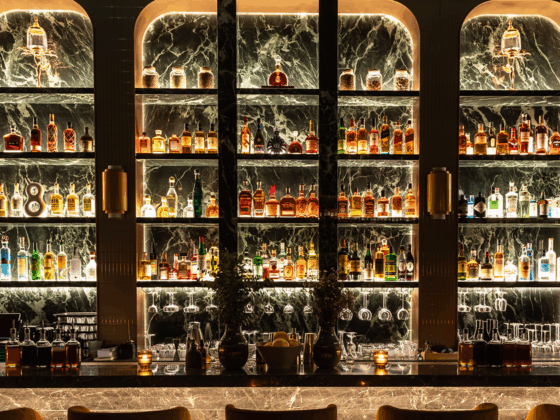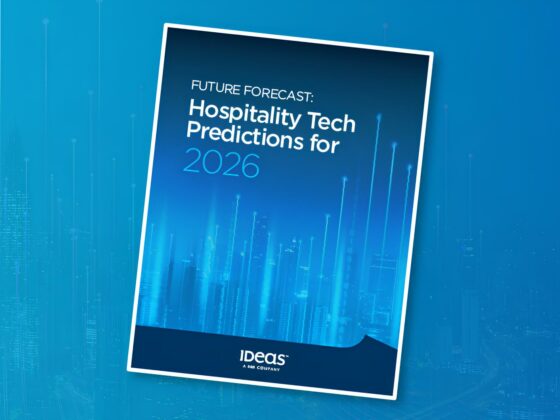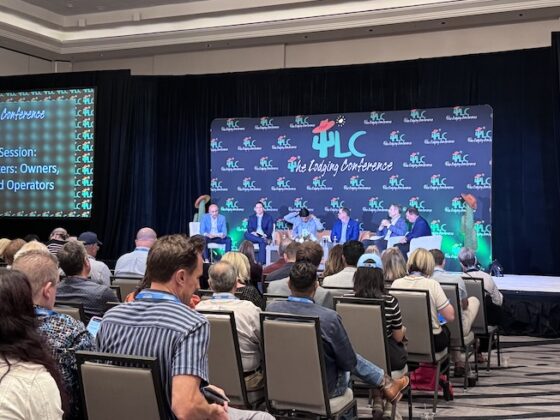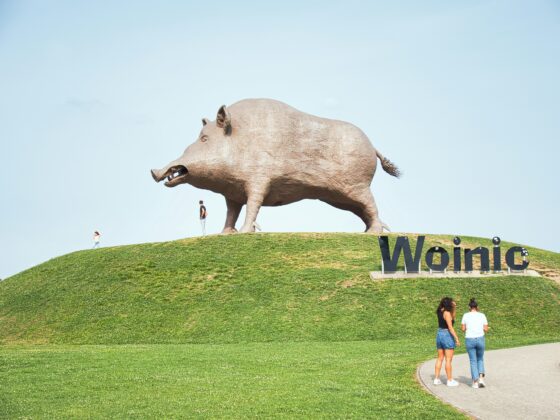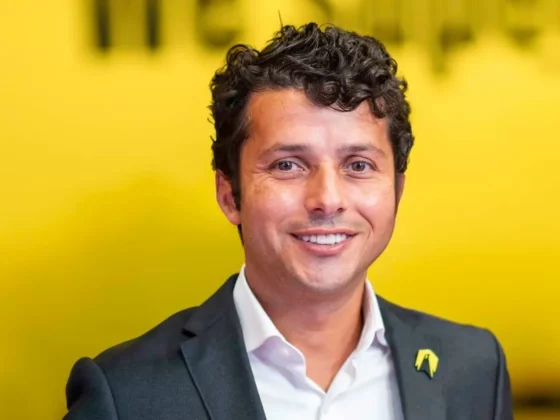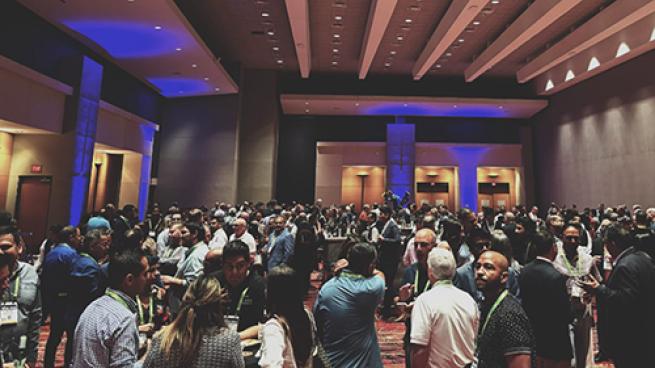
Building on the insights found in Part 1 of my HITEC 2024 recap, Part 2 of this series continues to explore the significant tech trends that vendors feel are shaping the hotel technology industry. In this installment, we turn our attention to operational efficiency and revenue enhancement strategies. From improving cybersecurity and creating money-making menus to addressing labor challenges and leveraging AI for sales and marketing, these trends are crucial for hoteliers aiming to optimize their operations and boost profitability.
Cybersecurity: Fortifying Defenses in a GenAI Era
According to Daniel Johnson, CEO, Venza Inc., one very positive cybersecurity trend happening within hospitality is the distinct rise in the number of hotel senior leadership members who are now attending security summits not just because they’re worried about looking bad after a breach happens (which will always be a concern), but also because they want to demonstrate to guests – who are increasingly data savvy – that they care about their data and have their best interests in mind.
With the rise of GenAI, Johnson warns that while sales and marketing will be overjoyed to use this new tool for revenue generating opportunities, hoteliers must keep in mind that it can be a unsecured new technology that can not only leave hoteliers open to attack, but also this same technology is being used by cybercriminals to attack very quickly and in a much more sophisticated manner (deepfake videos, ransomware, phishing, social engineering, etc.).
[To learn even more about cybersecurity trends in hospitality, check out our recap of the cybersecurity session at HITEC, featuring Johnson as a panelist!]
Designing Menus for Profit
Innovative approaches to menu customization and service delivery are reshaping how hoteliers enhance guest experiences and drive revenue.
“Hoteliers have been asking us to help them generate revenue via customizable menus,” says Michael Thalassinos, SVP, Enterprise Sales, Silverware. “Hoteliers can now put-up menu signage in unlikely areas (the spa, the gym, the pool, etc.) that directs guests to scan a QR code and see a menu that features items that would be highly targeted and relevant to the customer who is within that area of the hotel. For example, protein smoothies in the gym, organic salads in the spa, etc. Guests can then opt to have their food delivered to that area of the hotel, pick a different area, or pick it up themselves.”
“Another facet of this trend has to do with allowing guests to schedule room service delivery in advance. This allows hoteliers to capitalize on the guest’s desire for future room service in the moment, even if the kitchen is closed,” he adds. “Digital menus are also allowing hoteliers to change pricing on menu items much more frequently in order to generate greater revenue. So, weekday pricing may differ from weekend pricing, low season vs. high season, etc.”
Navigating Labor Challenges: Automation and Empowerment
In a post-pandemic world, hoteliers are desperately looking for anything that will help ease the burdens they’re putting on their already overwhelmed staff. Automating workflows is an easy way to do just this while also enhancing guest satisfaction, explains Scott Wilson, president, Sabre Hospitality. And it has the added bonus of increasing job satisfaction and reducing turnover within the industry.
Oracle is finding that infusing artificial intelligence within its software and applications allows “screens to become smarter, as an example they are learning to autofill content for staff members so that their jobs are easier,” says Laura Calin, SVP, Oracle Hospitality.
With the current challenges in the labor market, hoteliers have been asking for help with training staff on software, says Audrey MacRae, VP, Maestro. They no longer have the time for management to do in-depth training sessions. Instead, an e-Learning system that uses video-based learning, interactive lessons and scoring, can really improve this aspect for hoteliers and lower the cost of ownership for new hires. Additionally, creating software that can basically drive the reservation process for employees with minimal intervention on their part can help hoteliers make the best of the staffing resources available to them.
And for tipped staff, adding digital tipping solutions continues to be a top priority for hoteliers. While it may not ease the amount of work they’re subject to, it certainly makes them more content employees and less likely to look for a job elsewhere. Charlestowne Hotels is one property management company that plans to introduce digital tipping across as many of its 50 properties as makes sense within the next year.
“It’s a no brainer,” says Max Spangler, VP of Technology. “No one carries cash anymore and we all know how to scan a QR code. We have one digital tipping solution working with six of our 50 properties and the data shows that our housekeepers are making more money with it in place. So, we know the technology investment is worth it.”
Staffing challenges are a problem even within “corporate” hospitality jobs, such as MICE sales managers. During COVID, many of these employees fled hospitality for other industries such as real estate and those who have taken their spot aren’t typically as experienced. Additionally, meeting trends have changed with 70% of corporate meetings having less than 200 attendees, and 50% of meetings having less than 100 attendees, explains Jeff Bzdawka, CEO, Knowland. While large properties have small meeting rooms that can accommodate these smaller groups, there is now a very real opportunity for select-service or even limited-service properties to evolve their business and generate revenue. For this reason, hoteliers are looking for (and have found) an automated prospecting solution that can help their sales team home in on accounts and organizations that would be a good prospect and fit for their property’s event space. As an added bonus, having these leads delivered directly to a team member’s email means that less training is necessary, and less experienced team members can still be very effective with their sales pitch.
Sales, Marketing, and Upselling: AI’s Role in Personalization
As hotels strive to enhance guest experiences and optimize revenue strategies, artificial intelligence (AI) emerges as a transformative tool.
For example, every hotelier asks the same question: “How can I give my guests the perfect recommended package when they’re on our website?” While hoteliers may have access to data from a guest’s previous stay, they don’t know their intent for the current stay. “AI is going to be able to help unlock this data and discern intent in a very material way. For a long time we haven’t had access to the tools that will be able to create highly relevant offers for guests, but we’re finally at the point where we’re going to be able take sales and marketing to the next level,” Wilson explains.
Hoteliers want to know: “What are my untapped revenue streams,” agrees MacRae. “But to do that, hotels need to first use AI to tap into their data and figure out who their customers are. As an added bonus, AI can also help prompt inexperienced staff members to upsell guests during their interactions.”
Capturing the Digital Attention of Guests
Maintaining digital guest engagement is crucial for driving revenue and guest engagement/satisfaction, but many hoteliers have dropped the ball on this concept.
“Hoteliers have lost the digital attention of their guests,” says Mike Snavely, CEO, Phunware. When guests use Google Maps, TripAdvisor, OpenTable, or any other app while on the property, they’re spending their time on digital channels that don’t generate revenue for the hotel or improve the guest experience. “The difference between a profitable property and one that isn’t could very well be how guests get engaged and monetized.” Plus, helping guests to discover and book on property amenities is what makes the difference between a vacation that was “Fine” versus “Fantastic,” he adds.
Less Hardware, More Value
“It’s no secret that all the flags would like to lift as much hardware off the property as possible,” says Michael Gray, Global VP – Strategic Partnerships, Nomadix. “Doing so means reduced maintenance costs, reduced maintenance visits, etc. But at the end of the day, there’s always going to need to be something onsite that connects the LAN to WAN.” However, the true question becomes: Does this piece of hardware deliver value.
“Whether it be an immediate return on investment or a defined improvement in the operation of a property or a guest experience, it always boils down to value,” he adds. When hoteliers can have a single device in the room that is a multitasking machine, that saves money, improves services, and can count toward sustainability goals – that’s when hoteliers feel like they’ve invested in something valuable.


